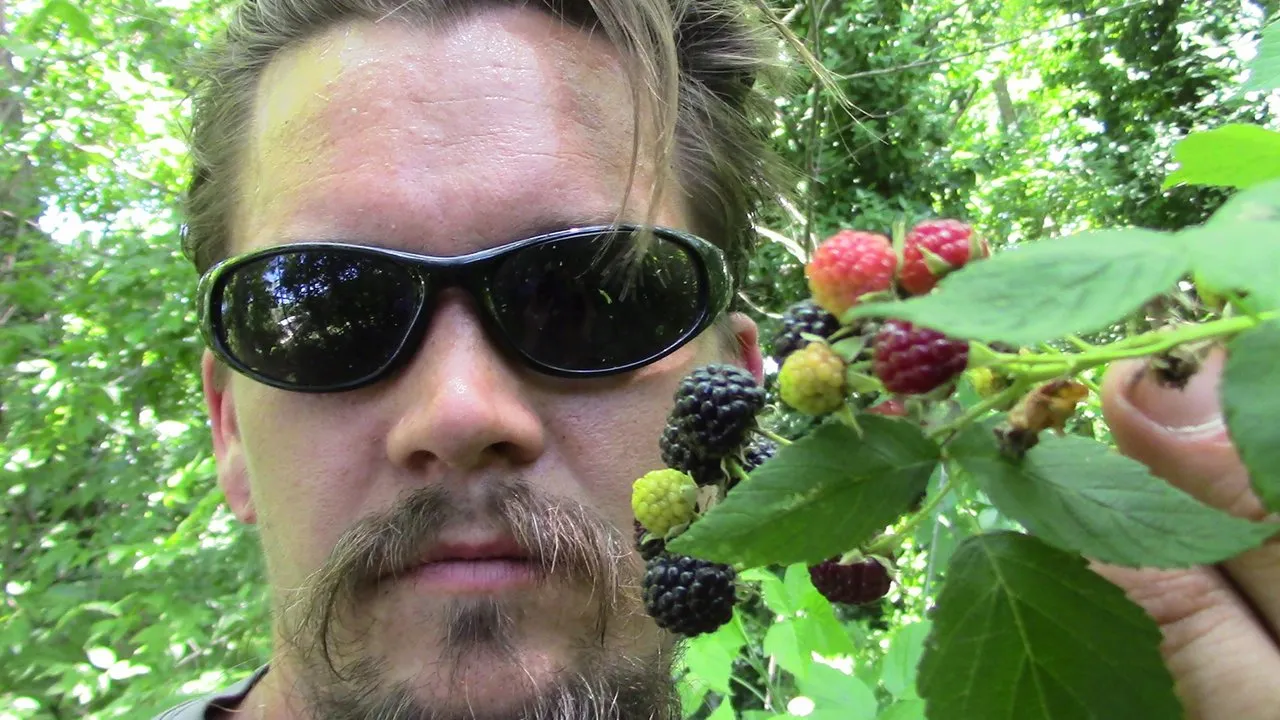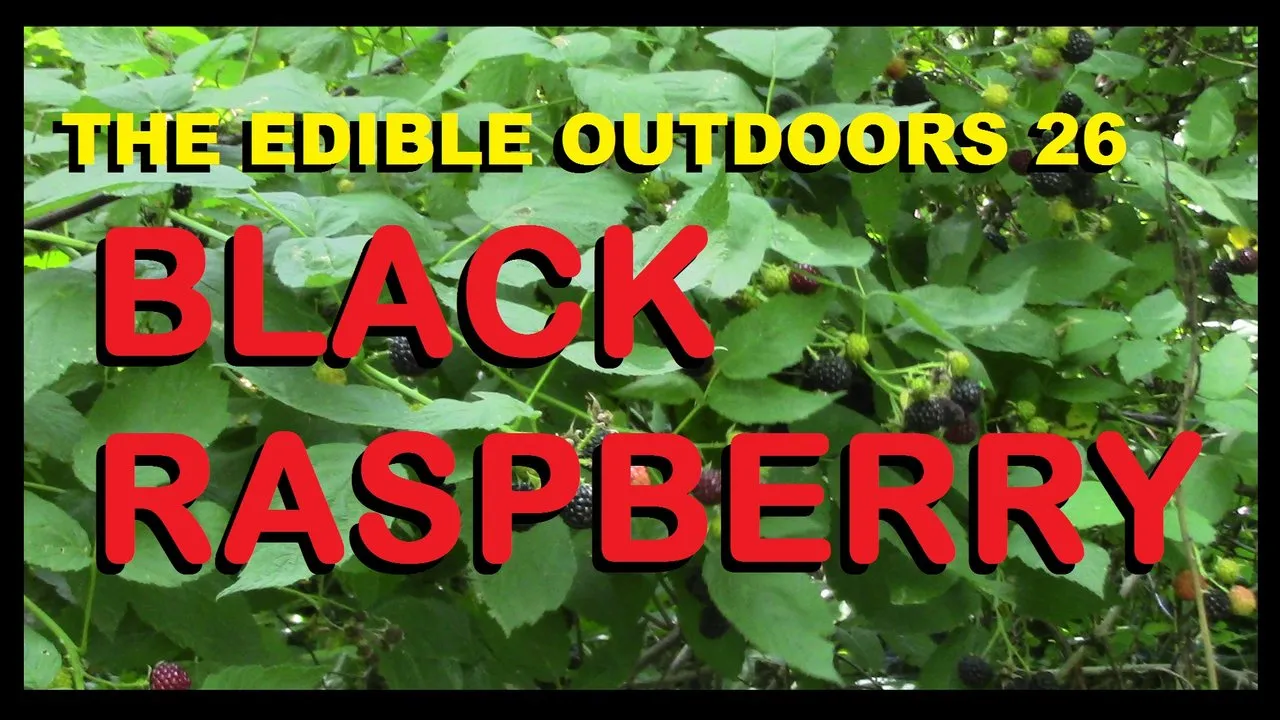
Who doesn't love free tasty berries?
As always with this series, I am not trying to give dietary, nutritional, or medical advice. I’m just enjoying learning about wild edibles and sharing my journey.
Recently, @bluerthangreen and @papa-pepper were out cutting some lawns in Missouri. There, right next to the grass, was a hidden treasure out in the woods. The Black Raspberry (Rubus occidentalis) was always one of my favorite wild berries growing up. On this adventure, we found a whole pile of them!

In the woods with some Black Raspberries.

BASIC INFO
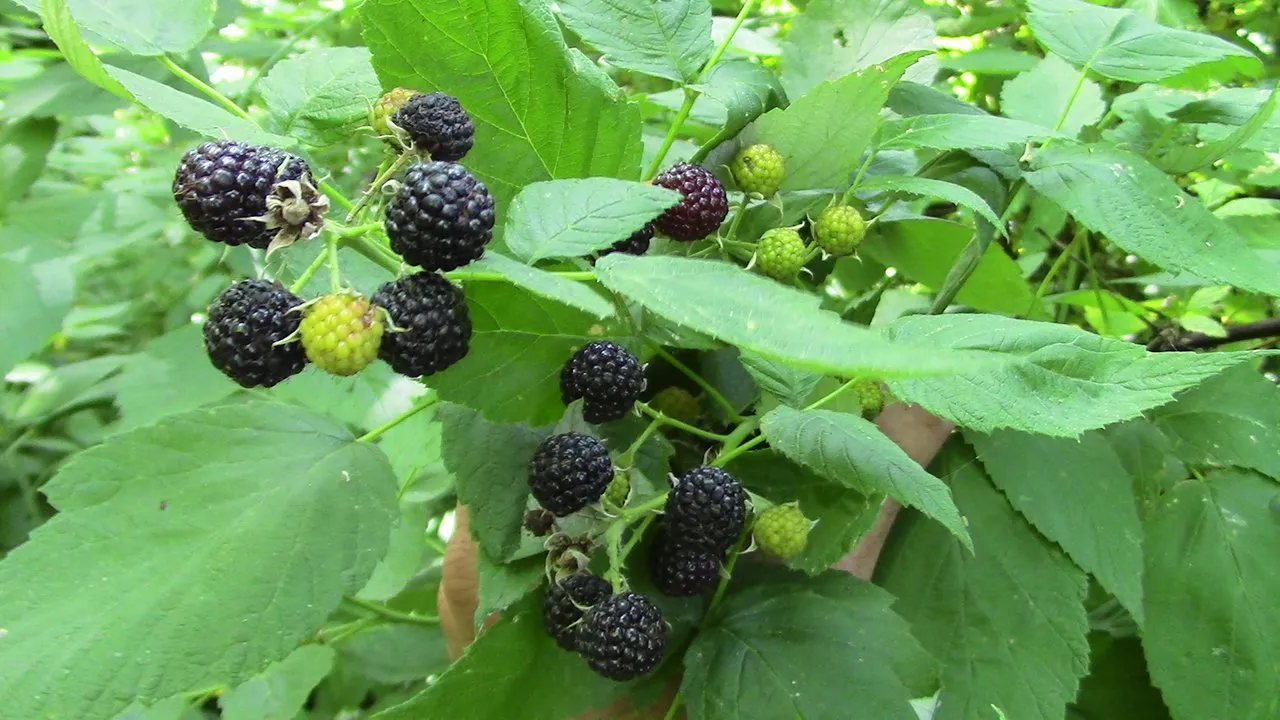
Black Raspberries are a member of the Rubus family and are closely related to the common Red Raspberries. The are a perennial shrub that is covered in thorns, much like many of its relatives. These thorns will not deter me very much, they they sure try sometimes.

HABITAT
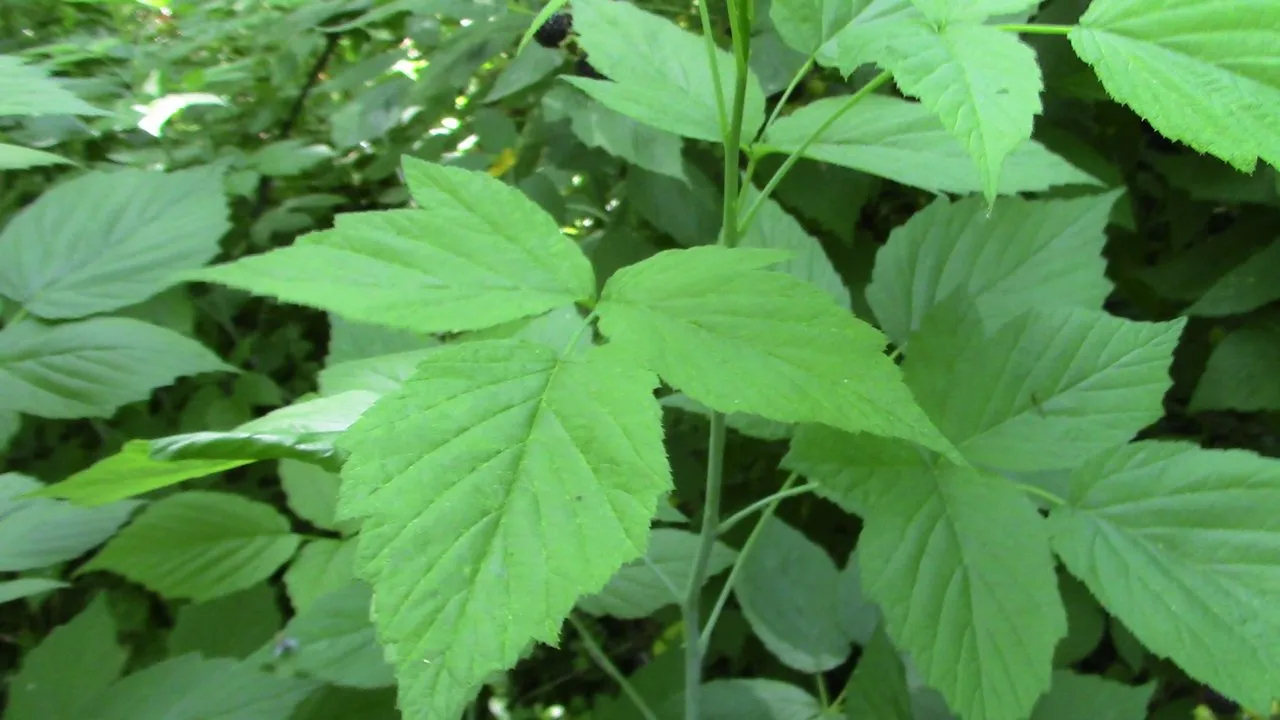
The Black Raspberry is native to the Eastern part of North America. Often, it can be found growing in the under-story level of the woods, along the forest floor. The shoots also spread by runners, so it is not uncommon to find a whole patch hidden in the woods somewhere.
Though they have three leaves, they are not to be confused with Poison Ivy. Check out this great post from @bluerthangreen for more info on Poison Ivy.
Additionally, they may be able to be found in other desolate areas, where yards or lots have been left unattended. Often, abandoned lots of far corners of properties can be goldmines for those looking to forage.

USES
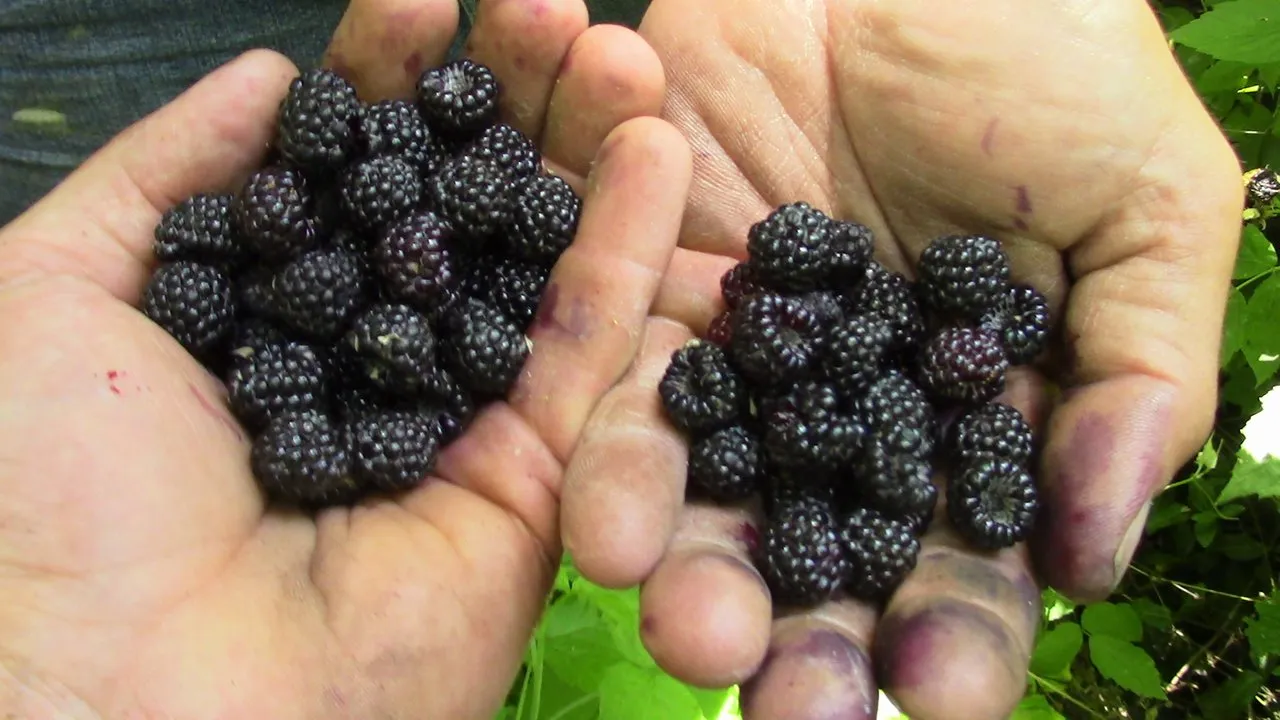
Black Raspberries are a common food berry in many areas. They are delicious fresh off the plant but can also be used in pies, fruit salad, and other delicious dishes. Because of certain properties, the Black Raspberry is also used in supplements.
I enjoy them now just as I did as a child. I enjoy happening upon them out in the wild and enjoying a marvelous free snack out in the woods. Hopefully, we can get some growing on our homestead too, and have a yearly supply for generations to come!

NUTRITIONAL CONTENT
Black Raspberries are high in iron and ellagic acid. The amounts of ellagic acid have been noted because it can be used to slow the growth of cancerous tumors. They also contain Vitamin A & C, but in smaller quantities.
For those with a sweet tooth, Black Raspberries have natural fruit sugar, and they also provide some fiber. Their darker color comes from anthocyanins which are an antioxidant that fights against free radicals.

As always, I'm @papa-pepper and here's the proof:

Until next time…
Don’t waste your time online, invest it with steemit.com



